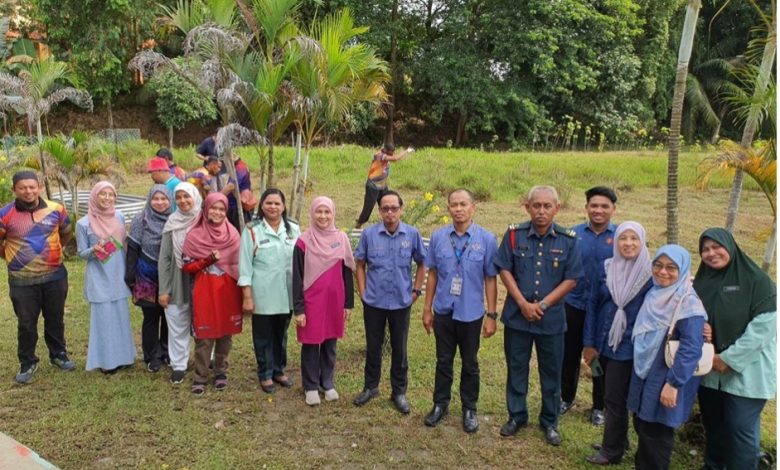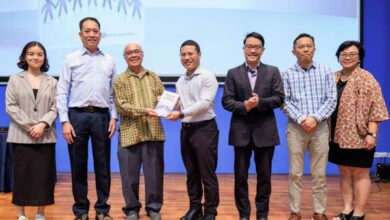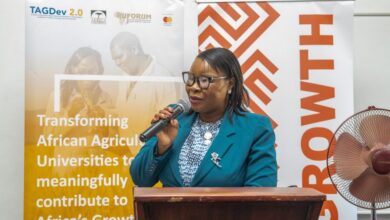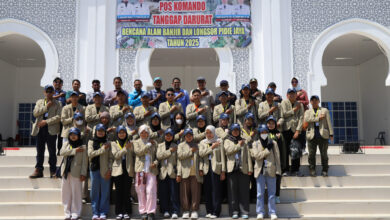Hügelkultur: Sustainable Techniques for Organic Roselle Cultivation in Malaysia

On October 25, 2024, the Faculty of Science at Universiti Teknologi Malaysia (UTM) announced the implementation of the Hügelkultur method for organic roselle cultivation at Sekolah Menengah Kebangsaan (SMK) Skudai. This initiative is led by Dr. Siti Pauliena Mohd Bohari from the Department of Bioscience and is supported by a Knowledge Transfer Programme (KTP) grant from UTM.
Overview of the Hügelkultur Method
The Hügelkultur method consists of creating raised beds through a no-dig layering technique. This approach incorporates decomposing wood, brush, and other bulky organic materials placed at the center of the raised beds, which are subsequently covered with soil. As the organic matter decomposes, it absorbs water and generates heat, while gradually enriching the soil with essential nutrients.
Benefits of Roselle
The selection of roselle for this project is attributed to its notable nutritional benefits, including a high vitamin content and antioxidant properties. Roselle is recognized for its potential to support digestion, lower blood pressure, assist with blood sugar regulation, and enhance immune function. The organic farming practices implemented in this project aim to minimize reliance on chemical fertilizers and pesticides, thereby improving fruit quality and promoting environmental sustainability. Additionally, the initiative is designed to educate local school students on composting and organic farming techniques.
Hügelkultur-Compost Making Workshop
On July 4, 2024, a workshop titled “Hügelkultur-Compost Making” was conducted by Dr. Huszalina Hussin, a consultant for the Iskandar Puteri City Council. During the workshop, participants constructed raised beds utilizing decaying branches and peels from various tropical fruits, including durian, mangosteen, pineapple, and rambutan. This organic mixture was supplemented with dried leaves, and finished with green leaves and compost to enhance soil quality and encourage beneficial microbial activity.
Participation and Educational Impact
The workshop saw approximately 50 students and 15 teachers participate, highlighting the effectiveness of composting for waste management and soil fertility. Dr. Huszalina emphasized that the selected tropical fruits contribute nutrients that significantly enhance the compost’s overall nutrient profile.
Future Plans and Community Engagement
The project intends to monitor the growth progress of the organic roselle crops over the coming months and disseminate findings on nutrient recycling and best practices within local communities. As interest in organic produce increases, techniques such as Hügelkultur are positioned to promote sustainable agricultural practices in Malaysia.
Support and Collaboration
The event included participation from various officials and stakeholders, including representatives from the Community Development Department of MBIP and the UTM Centre for Community and Industry Network (CCIN).
Original source: UTM News.




